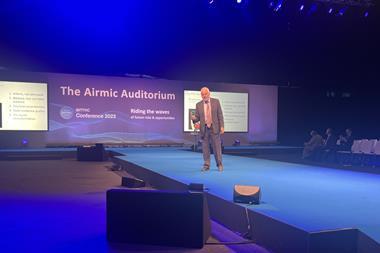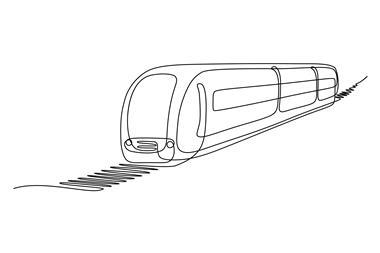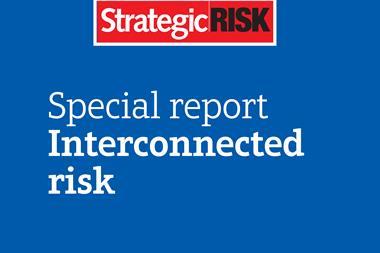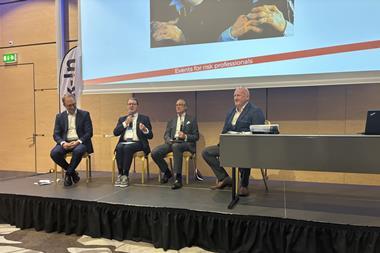With the insurance world in turmoil following the terrorist attacks in America, UK risk managers and corporate treasurers have been warned to plan for the long-haul and to expect damage to their wallets. Anthony Hilton, author, journalist and business lecturer, claimed the future would provide few certainties for UK insurance - other than “substantially higher prices and many more deductibles”.
“It is going to be extremely damaging for the wallets of ourselves as individuals and for the companies who employ us,” he told a packed audience at a joint AIRMIC/Association of Corporate Treasurers conference. The aftermath of the World Trade Center (WTC) horror would be unlike other disasters that had hit the western insurance market. This was not a natural disaster; it brought home to Americans the vulnerability of their lifestyle and economy to fanatical, previously unimaginable terrorist activity.
Currently city editor of the London Evening Standard and the keynote speaker at the ‘Change and Convergence’ conference, Hilton said that economic issues were equally being re-evaluated. “The stock market is a part of the American psyche, and when the stock market is undermined, so are the American people.
He stressed that the size and scope of risk that US culture has to face has now changed for ever. Economic doubts in America and in Europe had been exacerbated by the WTC events. Big losses had been incurred, but he was confident that the stock market and insurance sectors would recover. However, Hilton forecast that post-WTC markets might display different characteristics. Not everyone viewed the globalising tendencies of the western world in a favourable light, he said. “It is unlikely that a military strike will resolve the battles of ideology - so uncertainty will remain.
The search for security and certainty, with buyers gravitating towards high credit-ratings, could lead to further consolidation in the insurance market, particularly among smaller reinsurance companies. Captives may be increasingly used to take more risk in-house. Higher insurance premiums could lead to growth in alternative financing markets, and even to the end of the Lloyd’s ‘names’ structure, Hilton suggested.
One question in many delegates’ minds was how to manage non-insurable risks and protect the intangible assets of an organisation. Ian Chapman, senior vice-president of conference sponsors Zurich Corporate Solutions, said that solutions were being worked on, but the events in America might put development on hold for a while. But with many organisations now dependent upon intangible assets such as brand values, there was plainly a need for everyone to work together to find viable solutions.
AIRMIC VIEWPOINT
AIRMIC states its views on breaking news
Commenting to the Financial Times on the withdrawal of war liability insurance for airlines - 20 September
David Gamble, AIRMIC executive director, said: “This is an unprecedented and potentially catastrophic situation for our members who represent the UK airline industry. It is clear that, at least while there is so much uncertainty, it will only be resolved if the Government steps in and helps underwrite the risks.
“There is a precedent for this, when Pool Re. was set up by the Government in 1992 in conjunction with AIRMIC and the insurance industry to underwrite terrorism risk after IRA bombings in the City of London. It acts as insurer of last resort and still operates today.
“On behalf of our members, AIRMIC urges the government to move swiftly to put in place a similar arrangement - if only pro tem- to enable the airlines to continue to operate. This would at least provide a breathing space until a more permanent arrangement can be worked out.
Commenting to the Financial Times on the government agreeing to underwrite airline war liability risk - 24 September
David Gamble said: “We welcome this lifeline, which enables our members to continue flying. It’s now crucial that the industry, insurers and Government work to put a permanent solution in place.
Commenting on reports that some airlines in the Far East may be flying without the support of their Governments’ financial backing for third party liability in the event of a crash - 26 September
An AIRMIC spokesman said: “Following the serious problems which were faced by the many airlines who are AIRMIC members prior to the UK government stepping in to assist, we understand the difficulties these airlines face.”



















